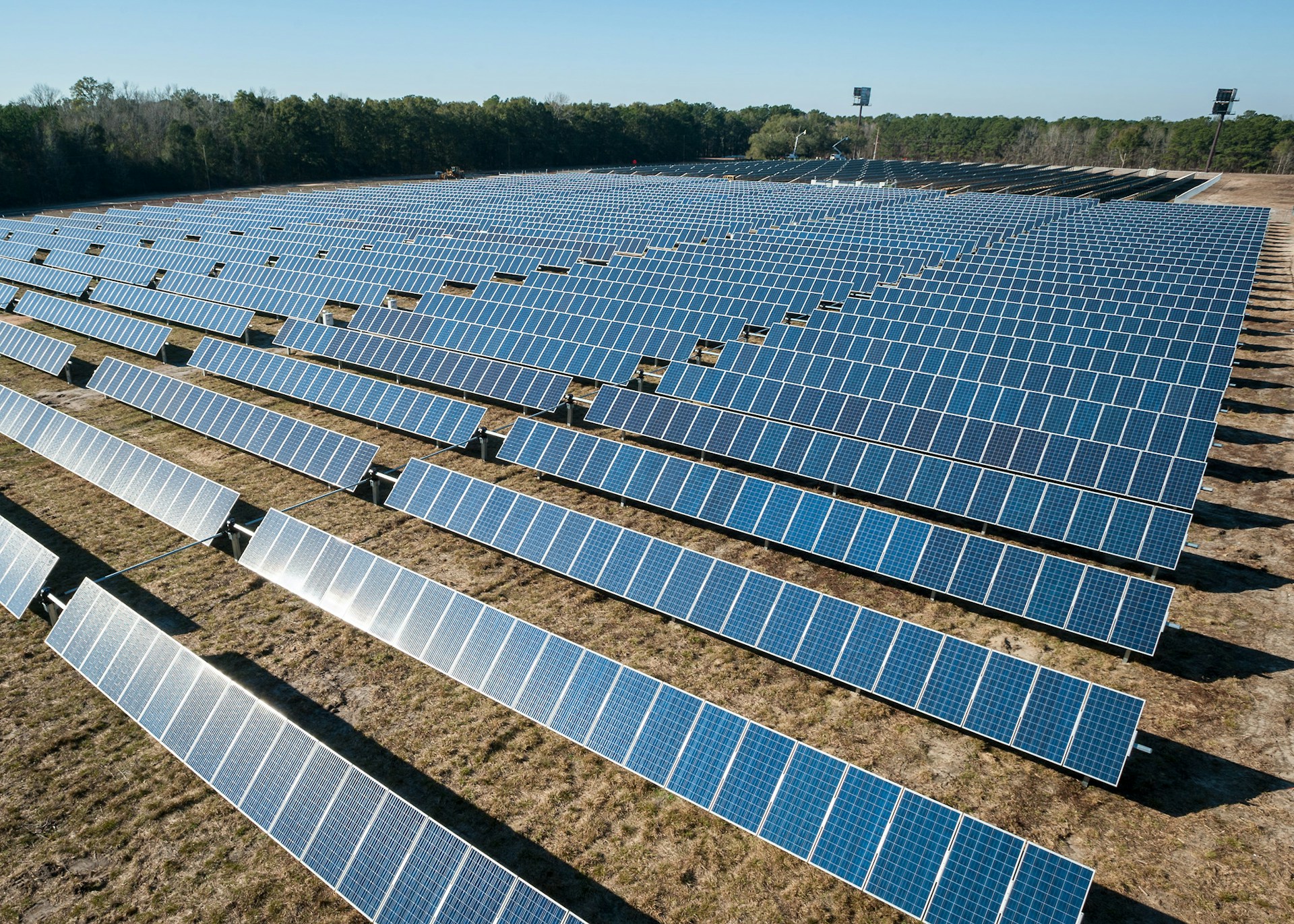Homeowners considering solar panel installation often overlook how it affects their insurance policies. Many insurers view solar panels as a potential risk or value-add, influencing coverage and premiums. Understanding these nuances is essential for protecting your investment and ensuring comprehensive coverage. This guide explores the impact of solar panels on home insurance in the UK, helping you navigate policy changes and possibly save on costs while making sustainable choices. Make informed decisions to secure your home and finances effectively.
Overview of Solar Panel Installation and Home Insurance
Solar panel installation is an increasingly popular home improvement, offering both environmental and financial benefits. As more homeowners consider this upgrade, understanding its impact on home insurance becomes essential. Installing solar panels involves mounting photovoltaic cells on rooftops or other structures to convert sunlight into electricity. This process can vary in complexity depending on the home's design and the type of panels used.
Sujet a lire : How Can Property Owners in London Mitigate Insurance Costs Due to High Crime Rates?
Home improvements, like solar panel installation, can influence insurance policies. Insurance providers often reassess the value of a home after significant upgrades. This reassessment may lead to adjustments in premiums, either increasing or decreasing them based on perceived risks and asset value. For example, the installation might enhance the home's value, potentially raising the coverage amount needed.
Understanding the insurance implications of solar panel installation is crucial. Homeowners should consult with their insurance providers to determine how these improvements will affect their policies. It's important to ensure that the solar panels are covered under the existing policy, or if additional coverage is needed. This proactive approach helps avoid surprises and ensures the home and its enhancements are adequately protected.
Dans le meme genre : What Specific Steps Should You Follow to Secure Insurance for a Grade II Listed Building in Wales?
Changes in Coverage After Solar Panel Installation
When installing solar panels, homeowners may experience insurance coverage changes. It's crucial to understand which types of coverage might be affected. Typically, the two main areas influenced are property and liability coverage. Property coverage may need adjustment due to the increased value of the home, while liability coverage could change if the panels pose any risks to third parties.
Solar panel impact on insurance policies is significant due to specific risks they introduce. These include potential damage from weather events, such as hail or wind, and the risk of fire from electrical faults. Insurers might reassess these risks, leading to adjustments in premiums or coverage terms.
Notifying insurers about solar panel installations is essential. Failing to inform them can result in coverage gaps, leaving homeowners vulnerable to unexpected costs. Prompt communication ensures that the policy accurately reflects the home's current value and risk profile.
By understanding these aspects of insurance coverage changes, homeowners can make informed decisions and ensure their property is adequately protected. Engaging with insurers early in the installation process helps manage any potential impacts on coverage and premiums effectively.
Premium Adjustments and Financial Implications
Installing solar panels can significantly impact insurance premiums. While the cost implications might vary, understanding these changes is crucial for homeowners. Solar panels can increase a home's value, potentially leading to higher premiums. However, some insurers offer discounts or incentives for eco-friendly upgrades, which may offset these costs.
Homeowners should explore potential discounts or incentives from their insurers. Many insurance companies support sustainable energy solutions and may offer reduced premiums for homes with solar panels. These incentives can help mitigate the initial increase in insurance costs due to the enhanced property value.
To illustrate, consider a case study where a homeowner installed solar panels, resulting in a premium increase of 10%. However, by leveraging a green energy discount, the homeowner reduced this increase to just 3%. Such financial outcomes highlight the importance of consulting with insurance providers about available incentives.
In summary, while solar panels can affect insurance premiums, the financial implications are not solely negative. By actively seeking discounts and incentives, homeowners can manage costs effectively. Engaging with insurers early in the process ensures a comprehensive understanding of the financial landscape associated with solar panel installation.
Necessary Policy Updates and Documentation
When installing solar panels, policy updates are necessary to ensure proper insurance coverage. Homeowners must gather specific documentation requirements to facilitate these updates. Essential documents include the installation contract, warranty details, and a certificate of compliance from the installer. These documents help insurers assess the new value and potential risks associated with the solar panels.
To ensure proper coverage post-installation, homeowners should follow a few critical steps. First, contact the insurance provider immediately after the installation is complete. This prompt notification allows the insurer to reassess the property's value and risk profile accurately. Next, submit all relevant documentation to support the policy update. This step ensures that the solar panels are included in the coverage and that any adjustments to premiums are justified.
The timeline for notifying insurers after installation is crucial. Ideally, homeowners should inform their insurer within 30 days of the installation. This timeframe helps avoid coverage gaps and ensures that any changes in premiums or terms are implemented promptly. By adhering to these guidelines, homeowners can maintain comprehensive insurance coverage and protect their investment in solar panels effectively.
Insurer Perspectives and Industry Trends
Understanding insurer viewpoints on solar panels is crucial for homeowners. Major insurance companies are increasingly recognising the value of renewable energy, adapting their policies to accommodate this growing trend. As solar panels become more prevalent, insurers are adjusting their risk assessments and coverage options to reflect these changes.
Industry trends indicate a shift towards more favourable policies for homes with solar installations. Insurers are beginning to offer incentives for renewable energy adoption, such as premium discounts or enhanced coverage options. These trends reflect a broader industry movement towards supporting sustainable practices and acknowledging the reduced environmental impact of solar energy.
When assessing risk, insurers consider several factors related to solar panels. They evaluate the potential for damage due to weather events or installation faults, as well as the overall impact on the home's value. By understanding these risk factors, insurers can offer policies that accurately reflect the home's profile and the benefits of solar energy.
In summary, the insurance industry is evolving to embrace solar technology. Homeowners should stay informed about these industry trends and engage with their insurers to ensure their policies align with the latest developments in renewable energy.
Frequently Asked Questions about Solar Panels and Insurance
Homeowners often have FAQs regarding solar panels and their impact on insurance. Addressing these common concerns can help demystify the process and provide clarity.
One misconception is that solar panels are automatically covered by existing home insurance. While some policies include them, others require additional coverage. It's crucial to verify with your insurer to ensure your panels are adequately protected.
Another concern is liability coverage. Homeowners worry about potential injuries related to solar panels, such as falling during maintenance. Typically, standard home insurance covers these incidents, but confirming with your insurer is advisable to avoid gaps.
Questions about damage coverage are also prevalent. Homeowners often ask if solar panels are protected against natural disasters like hail or wind. Most policies cover such events, but it's wise to review specific terms and conditions with your provider.
To address these common concerns, consider these actions:
- Contact your insurer to discuss coverage specifics.
- Review your policy documents for any exclusions or limitations.
- Consider additional coverage if necessary to ensure comprehensive protection.
By clarifying these points, homeowners can confidently proceed with solar panel installations, knowing their investment is secure.
Practical Tips for Homeowners
Navigating the world of home insurance with solar panels can be daunting. Here are some homeowner tips to ease the process. First, engage in thorough insurance comparisons. Not all policies are created equal, and differences can significantly impact coverage and premiums. Reviewing multiple policies ensures you find one that best suits your needs.
When discussing solar panel installations with insurers, clarity is key. Clearly outline the installation details, including the type and placement of panels. This information helps insurers accurately assess any changes in risk and coverage needs. Providing detailed documentation, such as installation contracts and compliance certificates, can facilitate a smoother conversation.
Maintaining insurance coverage with solar technology requires a proactive approach. Regularly review your policy to ensure it reflects any changes in your home's value or risk profile. Keep your insurer informed of any modifications or upgrades to your solar system, as this can affect your coverage.
Best practices include scheduling annual policy reviews and staying updated on industry trends. This vigilance ensures that your insurance remains comprehensive and up-to-date, protecting your investment in solar technology. By following these practical tips, homeowners can confidently manage their insurance needs while enjoying the benefits of solar energy.






